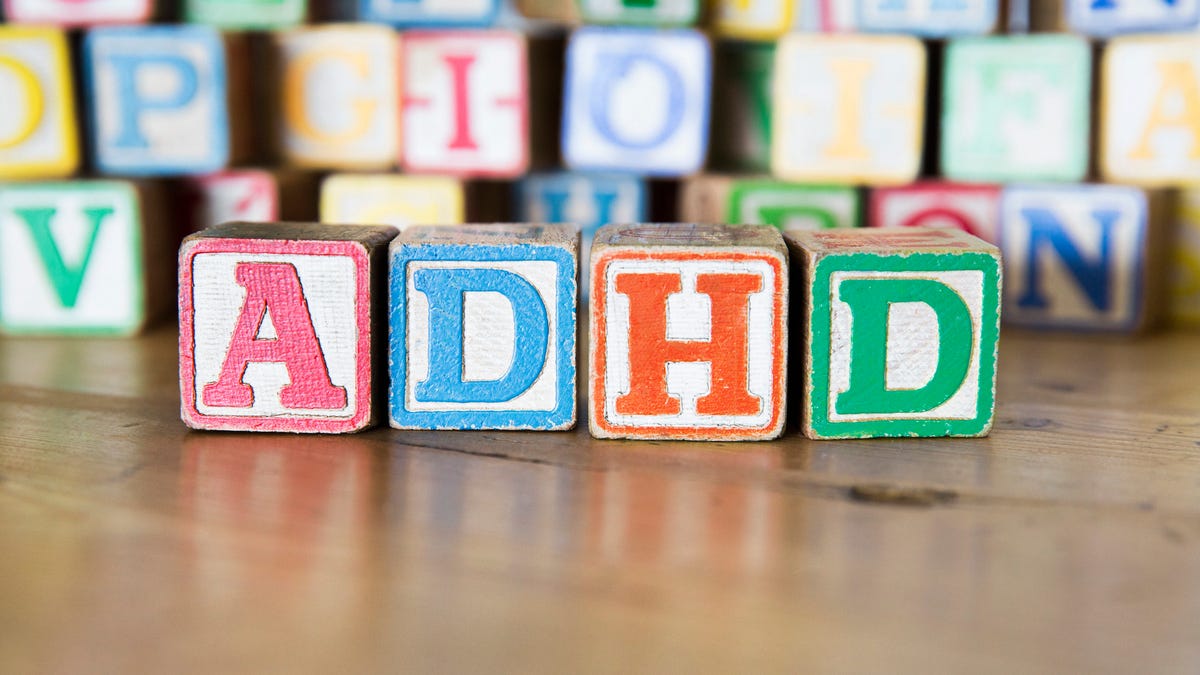'Mind-tracking' tech may tell us why so many children have ADHD
Fears that ADHD is chronically overdiagnosed have sent doctors in search of new tests. The answer could lie in how a child's eyes move.

The specter of attention deficit hyperactivity disorder, more commonly known as ADHD, looms large across the Western world.
If you're a parent of a teenager or younger child in Europe or North America, it's likely you're familiar with the four letters and have at least a basic awareness of what they mean.
How do you know if your child has ADHD? That's a particularly complicated question because not every diagnosis may be correct, according to experts such as Dr. Sanford Newmark, the head of the pediatric integrative neurodevelopmental program at the University of California, San Francisco. He contends the usual pen-and-paper method of determining the condition leads to too many false positives and negatives.
Hans Super, a neurobiologist from the University of Barcelona, believes next-generation eye-tracking technology can better figure out if a child has ADHD. He's co-founded a startup called Braingaze to license the technology to health care providers around the world.
The Barcelona, Spain, startup's technology could shake up the ADHD world by helping ensure the right children get the care they need. Conversely, it could keep millions of children who were improperly diagnosed from taking unnecessary medication. More than one in 10 children in the US were diagnosed with ADHD in 2011, according to the Centers for Disease Control and Prevention.
'Mind-tracking tech'
Super discovered a small eye movement that can be used as a marker to identify ADHD through next-generation eye-tracking techniques. "We call it mind tracking," he said in an interview.
Using Braingaze's tech, a diagnosis for ADHD can be made using commercially available eye-tracking devices, such as those made primarily for gaming from Danish startup Eye Tribe and Swedish tech company Tobii. When you look at something, your eyes move constantly. The tracker is looking for one specific movement that shows that you have not just looked at something, but that you have processed it at a cognitive level and memorized it.
If your eyes land on something, but the movement does not occur, "you may have looked at the stimulus but you don't perceive it and pay attention to it," Super said.
A child suspected of having ADHD would be diagnosed using eye-tracking data collected as they play a video game, a task rich in visual stimuli. Children who have the disorder have been shown to exhibit an eye movement that is impaired or distorted when compared to children without ADHD, and Braingaze's analysis software has been trained to search for this in the data.
The report is then fed to the doctors responsible for analyzing the child, giving them something objective to support their conclusion alongside the more subjective psychological analysis.
These psychological assessments are rife with faults, according to Newmark. Problems include the lack of standardization, rushed evaluations by pediatricians and others, lack of expertise, and pressure to medicate from schools and parents.
One piece of the puzzle
Braingaze's analysis boasts scientific evidence to support its case, as published in journal Plos One. But it is likely that the psychological assessment will continue to be an important part of diagnosing ADHD, which is ultimately classified as a mental illness.
"It will never be perfect, but will always be a necessary part of the evaluation, unless someone comes up with the perfect objective diagnosis tool, which I doubt will happen," Newmark said.
Health care providers in the US are testing the "mind-tracking" technique. Braingaze continues to conduct trials into identifying ADHD in adults, as well as look at other cognitive impairments such as dyslexia. But different methodology will have to be developed, such as memory tasks for Alzheimer's disease.
"What we want to have is a platform that psychiatrists can use to have an objective measure of quality of impairments," Super said. "And so we are starting off with ADHD, but the idea is to grow into all the different disorders."

